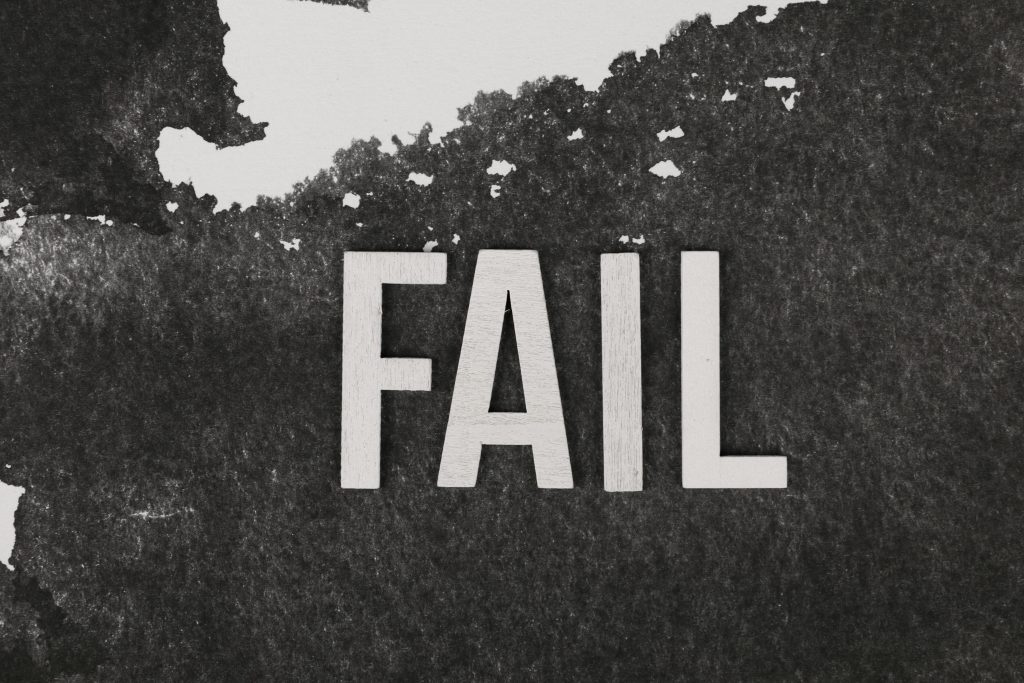“Ever thought your publishing insurance has you covered, only to realize digital glitches could leave you high and dry?” If this sounds familiar, buckle up. Today, we’re diving deep into the underbelly of Digital Distribution Risks, where even the savviest creators might find themselves blindsided.
This post will dissect:
- Why digital risks are a growing concern for publishers.
- Steps to safeguard your content from unforeseen disasters.
- Tips to vet your publishing insurance for gaps in coverage.
Table of Contents
- Key Takeaways
- Section 1: Digital Glitches & Insurance Failures
- Section 2: How to Protect Yourself from Digital Threats
- Section 3: Navigating Publishing Insurance Policies
- Section 4: A Real-Life Case Study of Digital Woes
- Section 5: FAQs About Digital Distribution Risks
- Conclusion
Key Takeaways
- Digital distribution risks stem from technological hiccups like hacking, data loss, or platform errors.
- Standard publishing insurance often fails to cover these modern threats unless specifically amended.
- Proactive measures like regular backups and multi-platform distribution can mitigate disaster.
- Insurance policies should clearly specify coverage for cybersecurity breaches, server failures, and revenue loss.
Digital Glitches & Insurance Failures

Sounds like your laptop fan during a 4K render—whirrrr. That’s how bad things can spiral when digital distribution goes wrong.
I’ll never forget the time I uploaded a client’s book launch campaign to an unsecured platform. Three hours later, their entire PDF catalog had been corrupted by malware. Was it fixable? Sure. Did my publishing insurance step in to help? Nope.
The reality is harsh: Most traditional policies don’t account for the nuances of today’s digital age. Here’s a quick breakdown:
- Hacking: Your website gets compromised? Standard insurance won’t always pay out.
- Data Loss: Cloud storage failure? You might have to eat those costs yourself.
- Platform Outages: What happens if Amazon Kindle Direct crashes mid-launch?
Rant: Publishers spend thousands perfecting their craft only to see insurers treat “digital” as some niche side note. It’s chef’s kiss annoying!
How to Protect Yourself from Digital Threats

Step 1: Audit Your Current Workflow
Optimist You: Just upload everything confidently!
Grumpy You: Yeah right. Instead, audit every tool and platform you use. Check if they’ve experienced recent outages or vulnerabilities.
Step 2: Backup Everything (Twice)
Use multiple cloud services AND offline backups. Seriously, one hard drive isn’t enough anymore. Keep redundant copies so you’re prepared no matter what hits the fan.
Step 3: Add Cybersecurity Tools
- Two-factor authentication (2FA).
- Anti-malware software.
- Password managers (because using “password123” is just asking for trouble).
Navigating Publishing Insurance Policies

- Read the Fine Print: Look for clauses about cyber liability. Many base plans exclude anything remotely tech-related.
- Add Riders: These extra provisions amend your policy to include specific protections like ransomware attacks or lost revenue due to downtime.
- Ask Questions: Don’t settle for vague answers. Press your insurer for examples of payouts related to digital incidents.
A Real-Life Case Study of Digital Woes
Last summer, indie author Mia Thompson faced disaster when her e-book distributor suffered a massive hack attack. All her titles vanished overnight from major retailers, costing her nearly $20,000 in sales.
Luckily, Mia’s forward-thinking approach paid off. She had documented every single transaction and maintained offsite backups. Within weeks, she restored her library and filed a claim under her upgraded publishing insurance rider—covering over 90% of her losses.
Moral of the story? Preparation + smart coverage = less stress.
FAQs About Digital Distribution Risks
Does publishing insurance typically cover digital issues?
Rarely. Many policies focus solely on physical damage or human error rather than cyber incidents.
What’s the most common oversight in digital planning?
Failing to back up files regularly outside of your primary system.
Is upgrading my insurance worth the cost?
If you depend heavily on online platforms, absolutely. Think of it as cheap peace of mind.
Conclusion
Digital distribution risks aren’t going anywhere—but neither are savvy authors who know better than to trust luck alone. By auditing tools, backing up data religiously, and customizing publishing insurance policies, you can stay ahead of potential pitfalls.
Final Thought: Remember, your career deserves daily care—like a Tamagotchi but with higher stakes!
And now:
Backup files, sip coffee, repeat.


